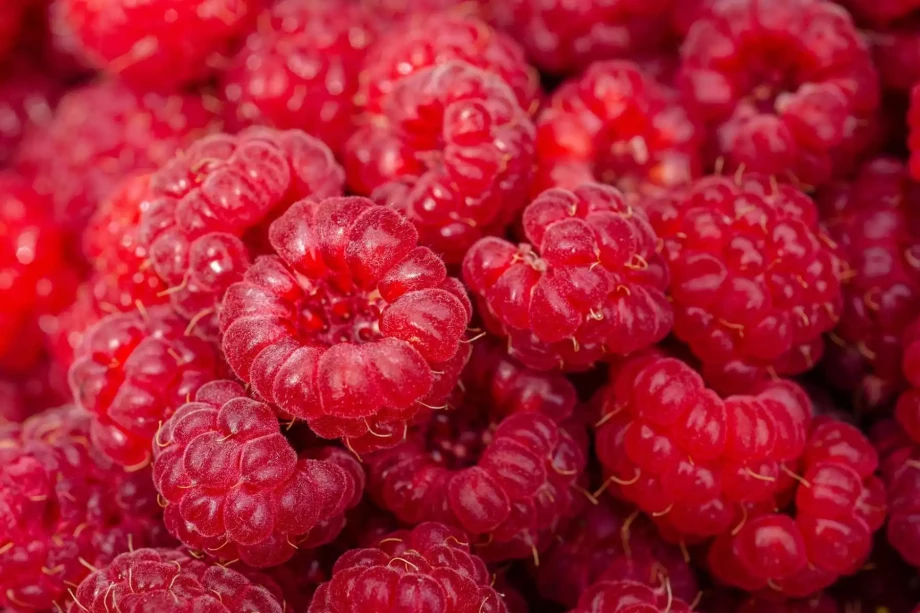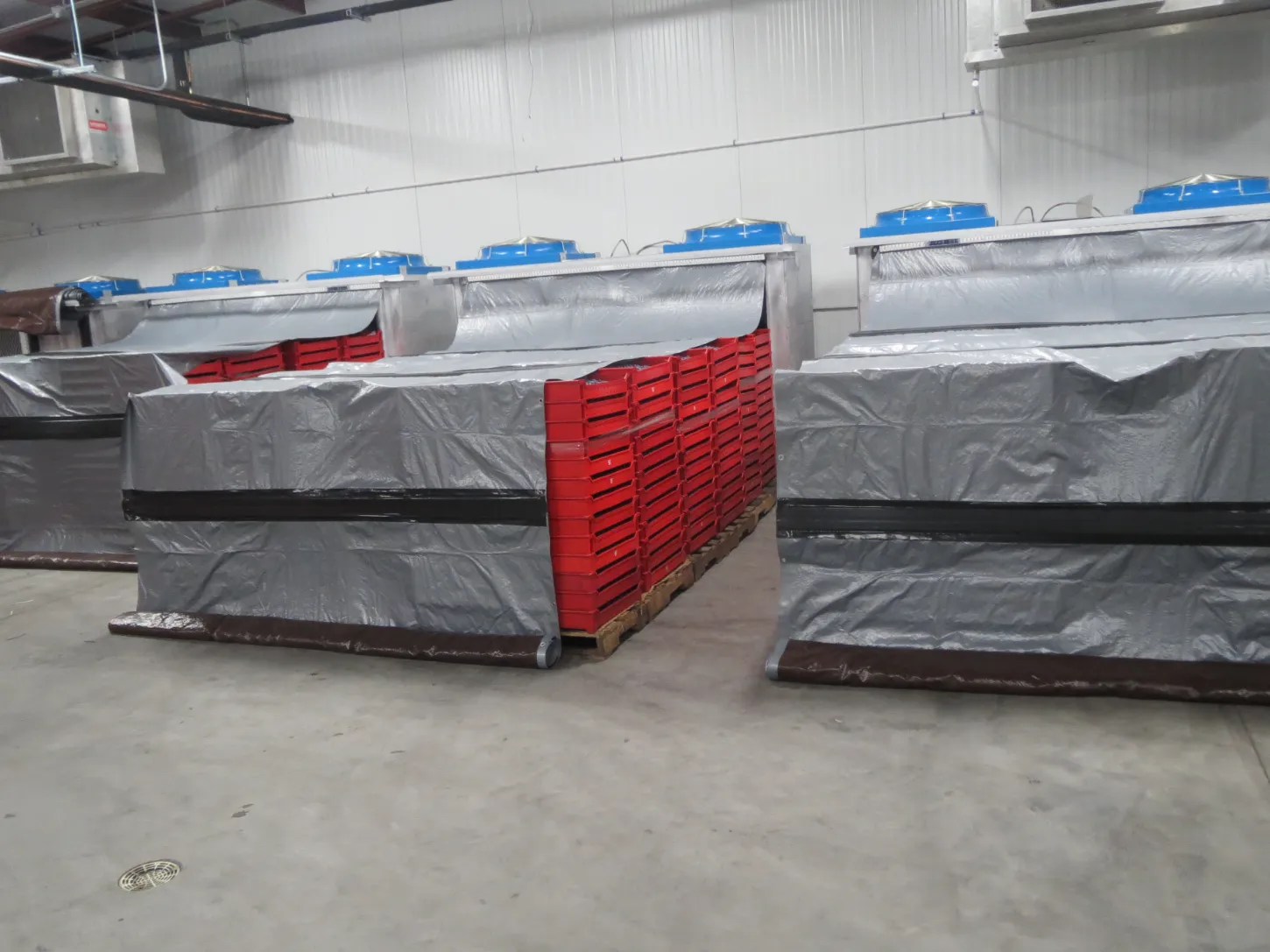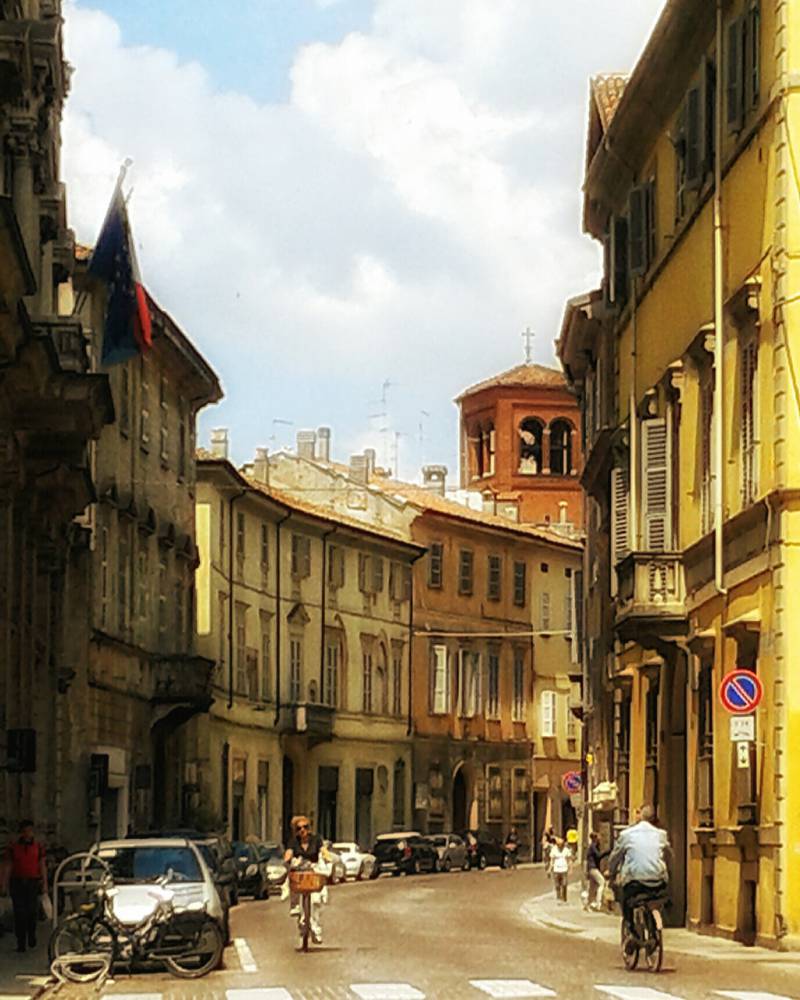The test is part of the VLAIO AgriPV project, in which pcfruit, KU Leuven and the Farmers' Association collaborate on agrivoltaics research, the combination of food and energy production on the same agricultural plot.
For this purpose, solar panels are installed above the plants, enabling dual use of the land for both food production and local sustainable energy.
Funding and project objectives
The investment funds were provided through Vlif and the provincial administration. The costs, amounting to 56,150 euros, were shared among the parties.
Through the Vlaio LA program, the research will be funded for four years with 292,759 euros, while the remaining amount will be covered by pcfruit.
The cultivation of raspberries under solar panels is an absolute first for Flanders. The researchers aim to study how different types and transparency levels of the panels affect raspberry growth, yield and quality.
The effects on water consumption, microclimate, diseases and pests, as well as economic profitability, will also be analysed.
Institutional statements
The Flemish Minister of Agriculture, Jo Brouns, states: “Our farmers face the challenge of continuing to produce food on the same land while also contributing to the energy transition.
Agrivoltaics offers a very promising perspective. With this pilot project in Sint-Truiden, we demonstrate that agriculture and energy can reinforce each other rather than compete. Agriculture remains the main function, but it is enhanced with a sustainable aspect: protection from weather extremes and local energy production.”
Applications on berries
In this project, pcfruit focuses on the cultivation of berries such as raspberries and later blackberries and other soft fruits. These crops are particularly suited because they are often grown in rows, making them easy to replace.
At present, the project specifically targets soft fruit crops, which are often grown under rain shelters. In Flanders these structures cover about 45 hectares, part of which is located in the Limburg province.
Deputy Inge Moors adds: “Berry crops are often protected with plastic rain covers. With agrivoltaics we want to assess whether solar panels can not only produce energy, but also provide protection from rain, hail or sunburn.
This way we work towards greater sustainability in our fruit-growing sector. From the perspective of the visual impact on the landscape, agrivoltaics also represents an improvement.”
In a later phase, the project will also be extended to the cultivation of pears. In Flanders, research is already underway on agrivoltaics applied to pear (Bierbeek) and blueberry (Hoogstraten).
Text and image source: fruchthandel.de








